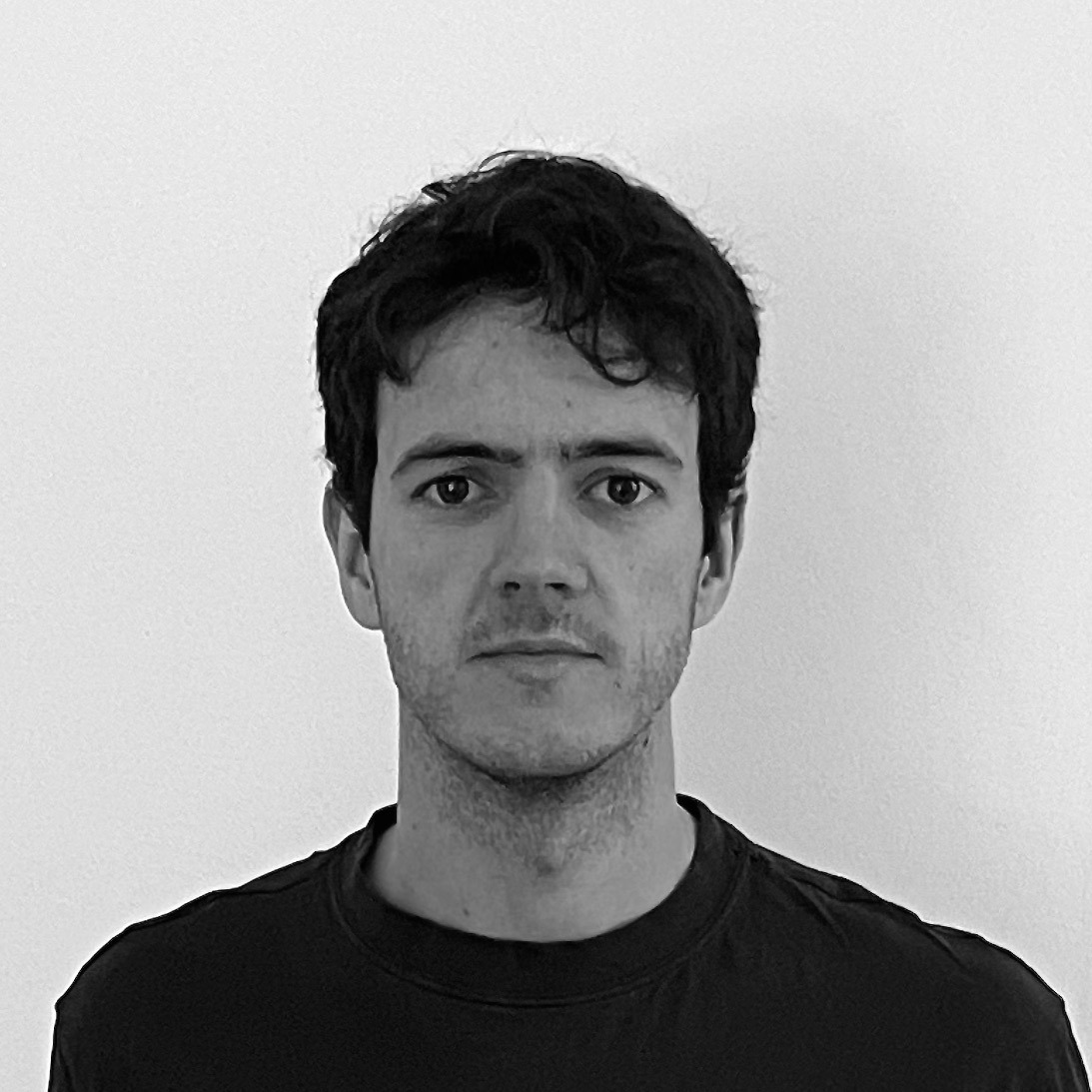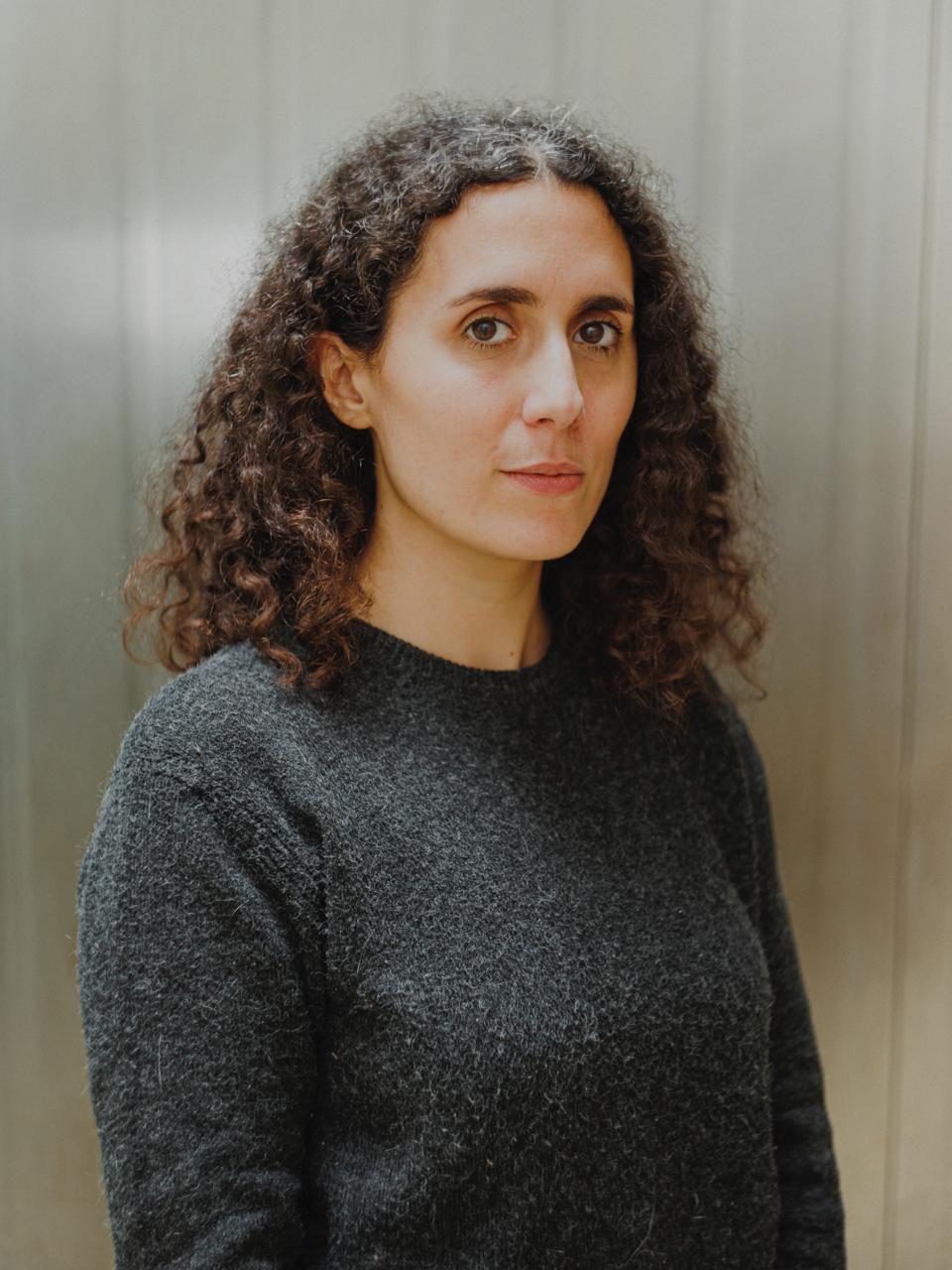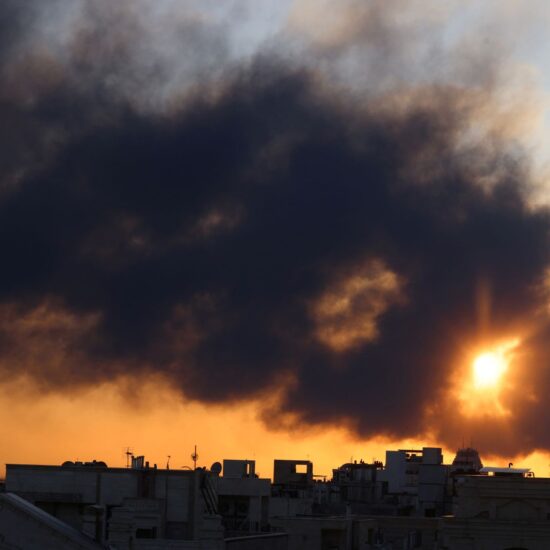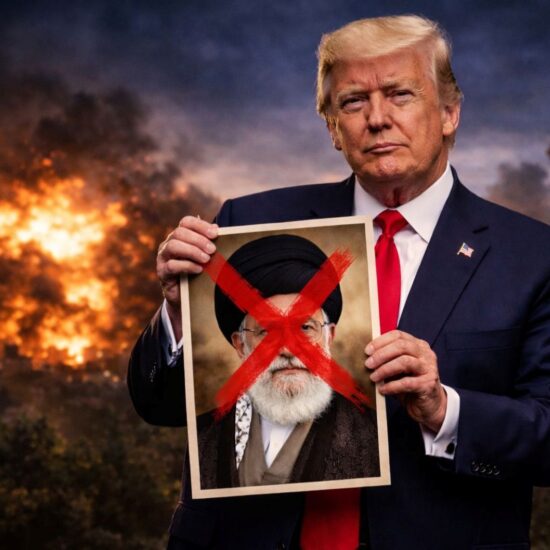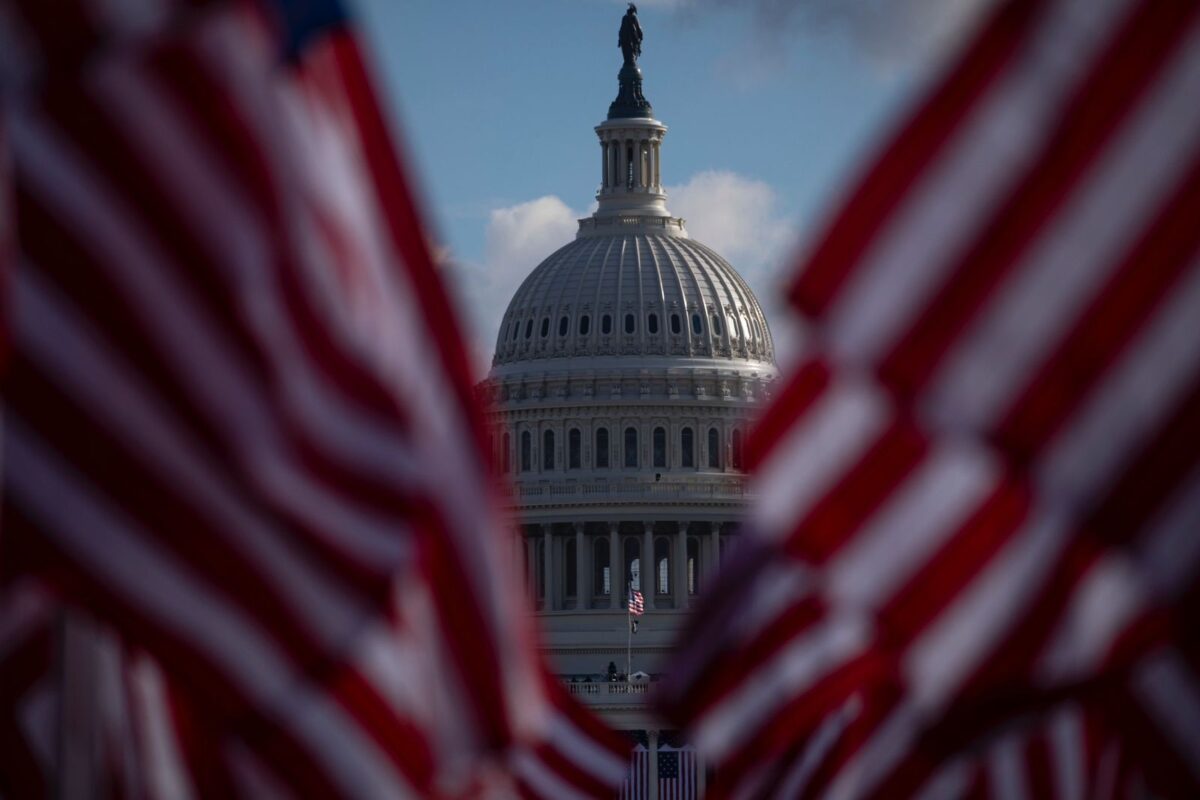
Far from being optimistic, on the eve of the American presidential elections, most Lebanese have no trust in the US influence in bringing stability to the region
Most Lebanese believe that neither candidate in the US presidential race will bring stability to their country and the wider region, citing above all the US’s steadfast and bipartisan support for Israel.
NOW spoke to people from various backgrounds in Beirut on Wednesday and asked them what they thought about the US, and what a Harris versus a Trump administration might herald for the region. The view from the streets is far from optimistic.
“Nothing will change. What needs to change is how people think. It won’t make a difference no matter who becomes president,” said Rabih Aouad, 50, a musician living in Beirut.
Many here recognise that as far as domestic policy in the US is concerned, there is a political gulf separating Kamala Harris and Donald Trump. But the view from Lebanon is that US foreign policy, whether under the Republicans or the Democrats, will bring about more of the same for the Middle East.
Jalal Ibrahim was waiting for customers by his taxi in the bumper-to-bumper traffic of Hamra in west Beirut. “Harris and Trump, they are in principle two sides of the same coin,” he said, through a cloud of cigarette smoke. “They have an expansionist agenda [in the region], whether Trump or Kamala, they want to divide and conquer the world.”
For many, Trump’s and Harris’ similarities do not end there. The expectation that neither will end the war quickly, the top concern for all in Lebanon, is another aspect the two candidates have in common. “Whoever wins, whether it’s Trump or Harris, I don’t think either will stop the war,” said Dr Aboud Israika, who lives in Tripoli in northern Lebanon. “[The US] will support Israel no matter what it does in Gaza or the rest of the region, to reshape the region in the interest of the US,” he added.
But Dr Israika admits that there are some distinctions between the two candidates, albeit superficial ones. “The Democrats lie, they say one thing and do another, Trump is more direct, but the result is the same,” he said.
Unlike Trump, Harris has tried to strike a balance during her campaign by stating her concern over the humanitarian situation in Gaza, but both Harris and her opponent have reaffirmed, time and again, their country’s support for Israel and its ‘right to defend itself.’
Like Dr Israika, many Lebanese see a difference in the choice of rhetoric and campaigning style of the two candidates, but they believe that in concrete terms their actions in the region would be very similar.
“It is usually portrayed that Democrats are the lesser of two evils, but to people outside of the US that doesn’t really apply. When it comes to the region, they could both cause similar damage,” said Nagham al-Any, a 27-year-old working in marketing.
Al-Any added that “Democrats under Biden are arming and helping Israel, while on the surface calling for a ceasefire. When it comes to Lebanon specifically, it seems like a lose-lose situation.”
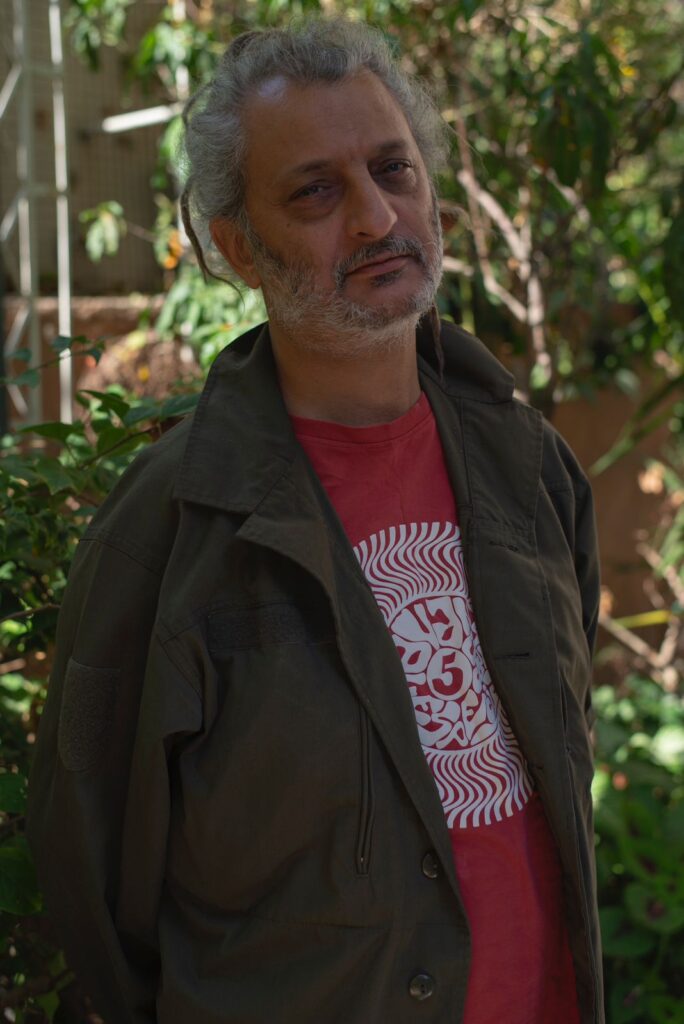
Rabih Aouad poses for a portrait, Beirut. Photo credits: Ségolène Ragu
Lebanon is a country more affected than most by the decisions taken in Washington. Israel’s ability to fight its war in Lebanon is largely dependent on the military aid it receives from the US. On 26 September, Israel secured a new 8.7 billion dollar aid package to support its wars against Hamas in Gaza and Hezbollah in Lebanon.
The Lebanese are keenly aware that US-made bombs and missiles have been used to wreak destruction to their towns and villages, especially in southern Lebanon, the East Bekaa Valley, and in the Dahieh area of southern Beirut.
Meanwhile, US special envoy Amos Hochstein and other American officials have been deeply involved in ceasefire negotiations between Israel and Hezbollah, via the group’s interlocutor, Parliament Speaker Nabih Berri. These efforts have so far proven fruitless.
This week, disagreement over the enforcement of UN Resolution 1701 – which effectively ended the 2006 war – has become a sticking point. Although Hezbollah recently showed its willingness to accept the Resolution’s terms, Israel is seeking added measures that would include granting it access to Lebanon’s airspace – a violation of 1701. It is unlikely that either Hezbollah or the Lebanese government would accept such terms. Meanwhile, both sides continue to fight.
This is why many in Lebanon feel the US is paying lip service to the idea of a ceasefire, as it continues to arm Israel while the latter demands irreconcilable conditions for the “day after” the war ends.
More than 2900 people have been killed in Lebanon since war broke out between Israel and Hezbollah on October 8, displacing more than 1.2 million people, almost a quarter of the population. The conflict has revived painful memories of the 2006 Lebanon war and the two-decades of Israeli occupation during the Civil War.
If there is one thing that people here want from the next US president, it is to stop the war. “It doesn’t matter who it is, the most important thing is to find a solution, so we don’t fight each other. I’m 90% sure nothing will change,” said Celine Fadel, 31, who works in a beauty salon.
“I don’t like the whole of US policy [in the region]. They come, they mess everything up, and then they leave,” she said.
There were exceptions among those who spoke to NOW, having a clear preference either for Harris or for Trump. One shop owner, who asked to remain anonymous, said “I don’t like Trump’s style, but I think he will be better for the region. He has the strength to change things in the region. Harris isn’t able to take the initiative.”
Echoing the thoughts of many Lebanese he mentioned the apparent duplicity in US politics towards the region. “They say one thing and do another. They say they’re negotiating for a ceasefire; they tell Israel they need to act differently,” he shrugged from behind his desk.
Ali Itani is a pharmacist working in Achrafieh, Beirut’s eastern quarter. “I would prefer Harris, because throughout history the Democrats have been more peaceful than the Republicans,” he said.
But if the Lebanese look at the outcome of the elections with indifference, they remain aware of the significance the US’s role, and that of other powers, will play in determining Lebanon’s future.
Itani finished by saying “the decisions in Lebanon have never been in Lebanese hands, whether from the States, from Saudi Arabia or from Iran. It’s sad to say but it’s reality. You cannot escape reality.”


